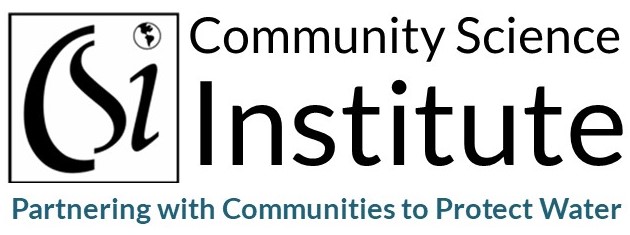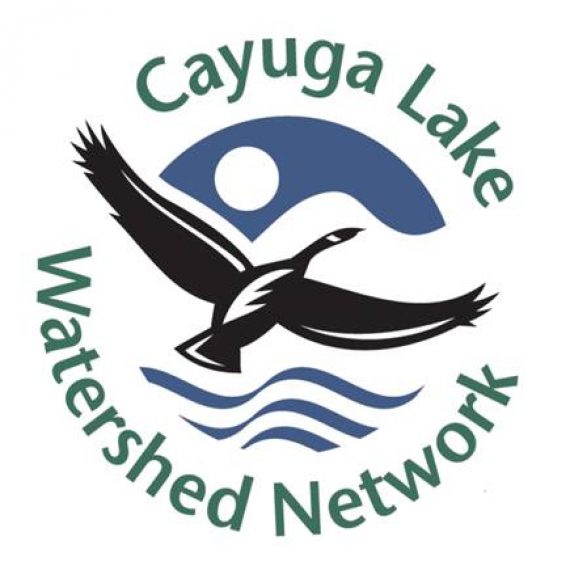Abundant clean water is a defining characteristic of the Finger Lakes region. While the miles long lakes, tumbling waterfalls, and endless recreational opportunities can be easy to take for granted, there are teams of community volunteers, who, partnered with the Ithaca-based nonprofit water testing lab, the Community Science Institute, routinely monitor area streams and collect data to ensure that our water stays clean over the long term.
The Community Science Institute (CSI) will be holding its 10th Annual Volunteer Symposium, entitled “From Hydrilla to Hydrofracking: Why Community Science Matters,” on Thursday, April 3rd, from 6:30-8:30 PM at the Tompkins County Public Library BorgWarner Room, located at 101 East Green Street in Ithaca. This event is free and open to the public.
CSI began monitoring Cayuga Lake’s streams with volunteers in 2002, and now works with over 100 volunteers to monitor streams in twelve counties across the state. The partnership between volunteers and CSI’s certified lab make the water monitoring programs unique, since certified lab data can be used by regulatory agencies for policy and management purposes. CSI’s volunteer programs collect data that fills gaps left by broad or infrequent monitoring at the state or federal level.
“From Hydrilla to Hydrofracking: Why Community Science Matters” will present highlights from the past year of monitoring by CSI volunteers. A panel will discuss the importance of engaging community members in scientific data collection about locally relevant water quality issues like invasive species, phosphorus, erosion and sediment control, harmful bacteria, and fracking. The event will also include a walk-through of CSI’s new online database, which places water quality data from streams, lakes, and groundwater in the public domain.
CSI gratefully acknowledges the support it receives from Tompkins County and the following municipalities: Towns of Caroline, Danby, Dryden, Hector, Newfield, Ithaca, Ulysses and the City of Ithaca, and from CSI members who make this work possible.
[A shortened version of this article appeared in the Ithaca Journal on Thursday, March 11, 2014]



